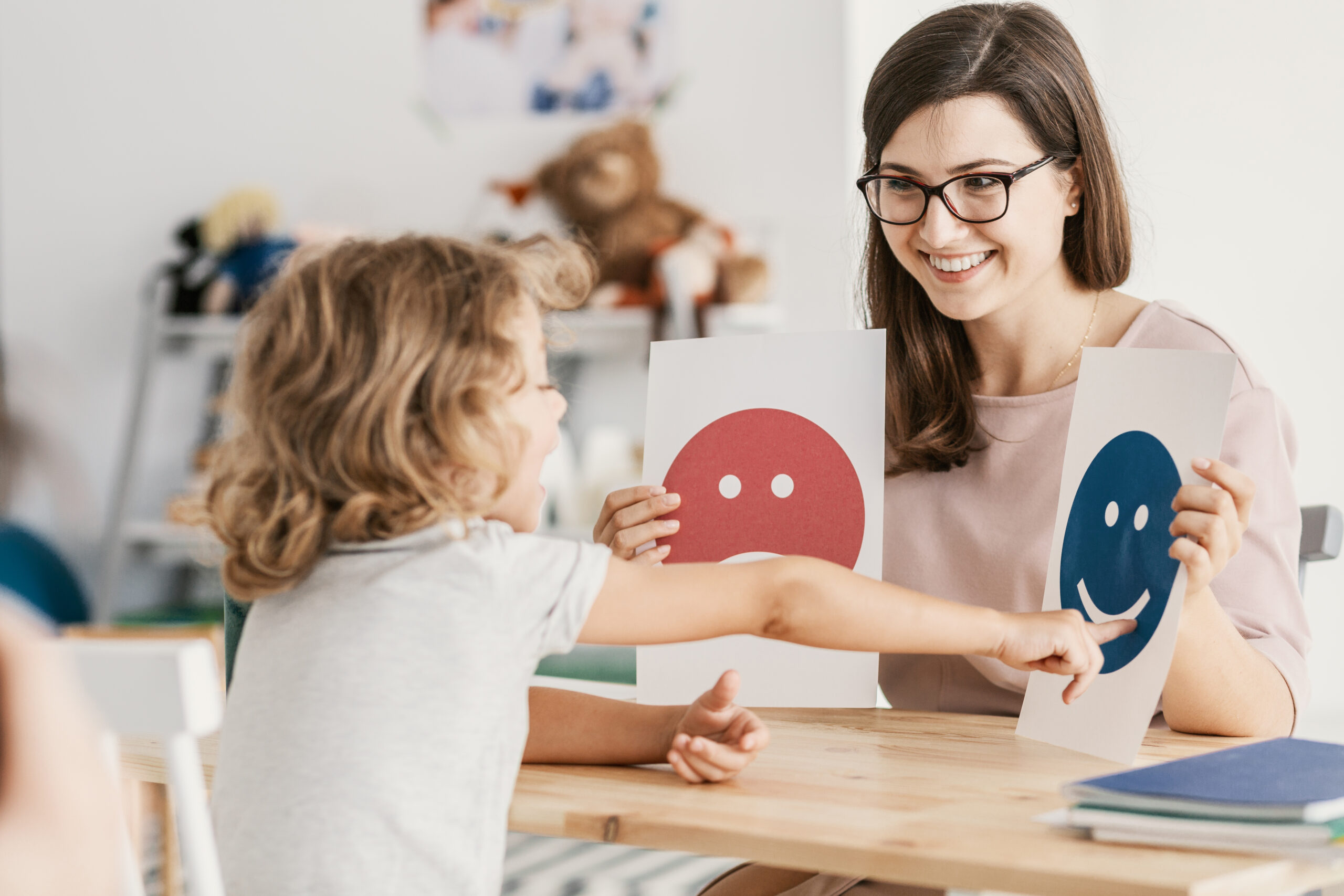Can you help someone develop and grow, socially and emotionally, without having a solid relationship with them? When you think about the nature of social and emotional learning (SEL), a healthy relationship is truly at the center.
The Collaborative for Academic, Social, and Emotional Learning (CASEL) defines SEL as “an integral part of education and human development. SEL is the process through which all young people and adults acquire and apply the knowledge, skills, and attitudes to develop healthy identities, manage emotions and achieve personal and collective goals, feel and show empathy for others, establish and maintain supportive relationships, and make responsible and caring decisions.”
Whether you are working with a young child or another adult, establishing a relationship should be the prerequisite to any SEL work. As that relationship develops, a trust begins to build. The stronger that trust is, the better both the teaching and learning experience can be.
In honor of SEL Day 2024, we want to share why a healthy relationship should be a prerequisite to SEL work:
- Any learning experience will only be as successful as the relationship it is built upon. We all learn best from people who make us feel safe, valued, and understood. So if you want to successfully help a child or another adult with their SEL, ask yourself whether or not you’ve provided them with that safety and understanding.
- One of the fundamentals of SEL is empathy. Empathy is the ability to see and feel from another person’s perspective. When you have a healthy relationship with someone, it can be easier to express that empathy, to understand that person’s feelings and provide comfort and a listening ear. It can also help you meet them where they are, and help educate them in a way that works best for them.
- A solid relationship includes you knowing the person, right? You know about their life, even if only a little bit. And knowing both positive and negative aspects of their life can help you better understand them, and help them learn how to cope with those negative aspects. Managing emotions and making responsible and caring decisions are more fundamentals of SEL.
- Another fundamental of SEL is maintaining supportive relationships. What better way to help someone learn and grow in that area than actually achieving it in the process? By developing a healthy relationship with them, you’re already ticking one box, and then you can continue building upon that particular learning experience.
- Collaborating is easier. Do you remember having to work on a school project with peers you didn’t know? For many of us, this is not a pleasant memory. Part of a successful learning experience should include collaborating on ideas. Think of yet another fundamental of SEL, achieving collective goals. Those goals should include input from both sides of the learning experience, and with a solid relationship between the two, achieving the goals can be more easily accomplished.
Keep these things in mind when it’s time for you to work through an SEL lesson plan. Our team cannot stress enough the importance of healthy relationships between a child and an adult, and between two adults, when it comes to SEL. We encourage you to focus more on the relationship you actually have with them, and to remember this from Maya Angelou: “People will forget what you said, people will forget what you did, but people will never forget how you made them feel.”
March 4, 2024



